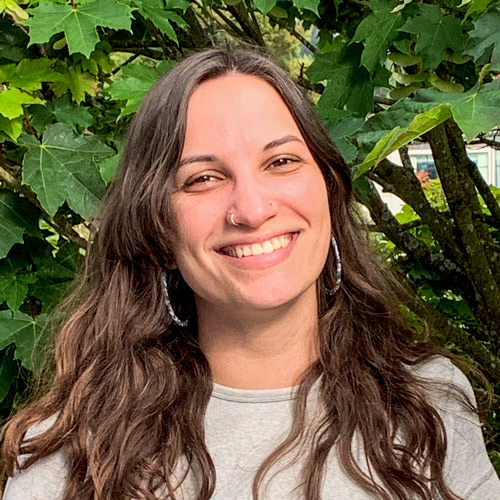
Host Mentors: Dr. Roger Pedersen and Dr. Victoria Mascetti
Stanford University Institute for Stem Cell Biology and Regenerative Cures
Human induced pluripotent stem cells (iPSCs) as subjects of study can tell us about molecular changes and states associated with pluripotency and stemness, and they are also tremendous tools for drug discovery, disease modeling, and regenerative medicine. Their potential clinical applications are so promising because they offer the potential opportunity to use cells derived from a patient’s own somatic cells to induce differentiation into cells that could be used to regenerate tissues or treat genetic disease with gene-corrected cells without transplant rejection. Existing cytokine-based methods of altering the differentiated state of cultured human cells are inefficient and protracted, and all involve some degree of variability. Besides being more controllable, an ideal method of inducing changes in differentiated state would also have greater efficiency, requiring smaller amounts of starting sample and hopefully leading to scalable procedures for producing patient-matched cell therapy products. In a paradigm-shifting approach, transcription factors are being used as an alternative to cytokine treatments to reprogram the differentiated state of human cells. The principle of stably integrating transcription factors into cells’ genomes can be applied for reprogramming through careful design of transgene delivery methods and consideration of safe and controllable transgene expression. Robust and non-invasive expression of transgenes has been achieved by homozygous targeting of transgenes to safe harbor sites in the genome using cassettes designed for reprogramming from iPSCs to differentiated cell types. This optimized inducible system can be used to homogeneously and consistently express transgenes in human cells from the AAVS1 locus to reprogram them to alternative states of differentiation. In this study, we will implement optimized inducible reprogramming (OPTi-R) for regulating the differentiated state of human cells using transcription factor-mediated reprogramming as a robust alternative to traditional cytokine-mediated methods, thereby achieving efficient, consistent and scalable production of human cells for future cell therapy applications.